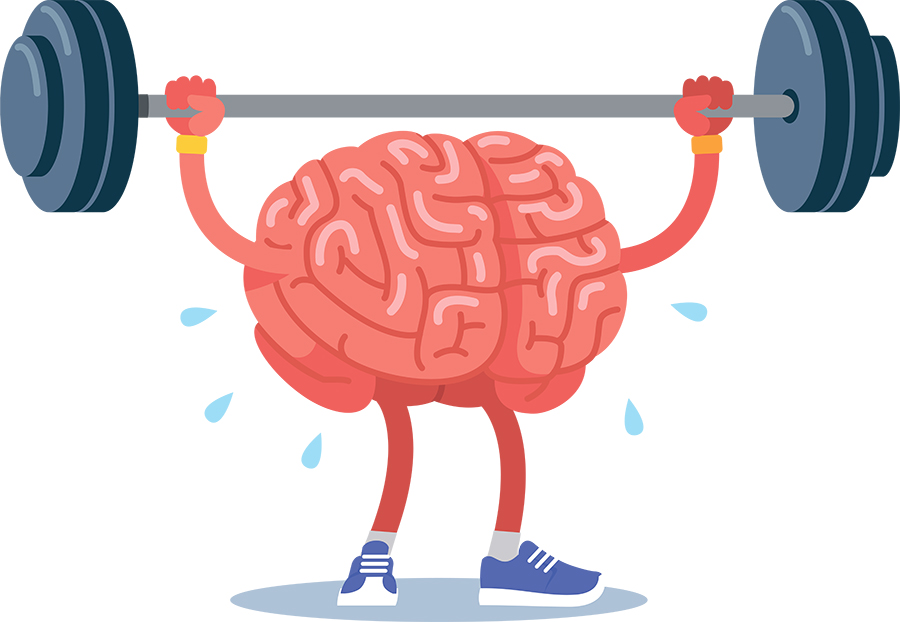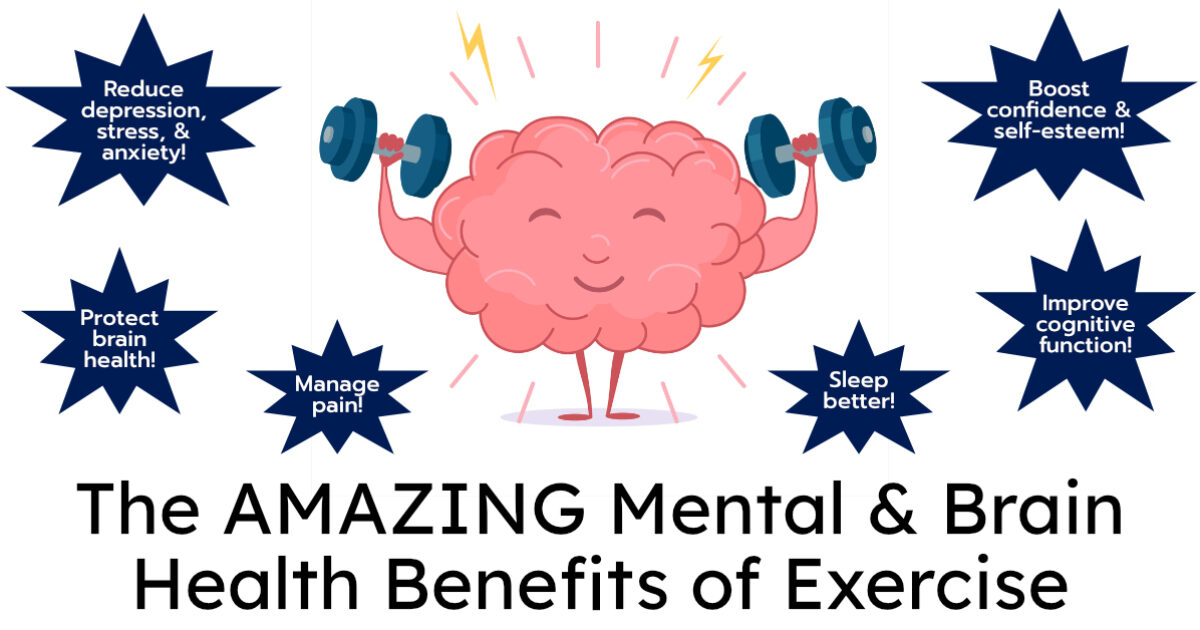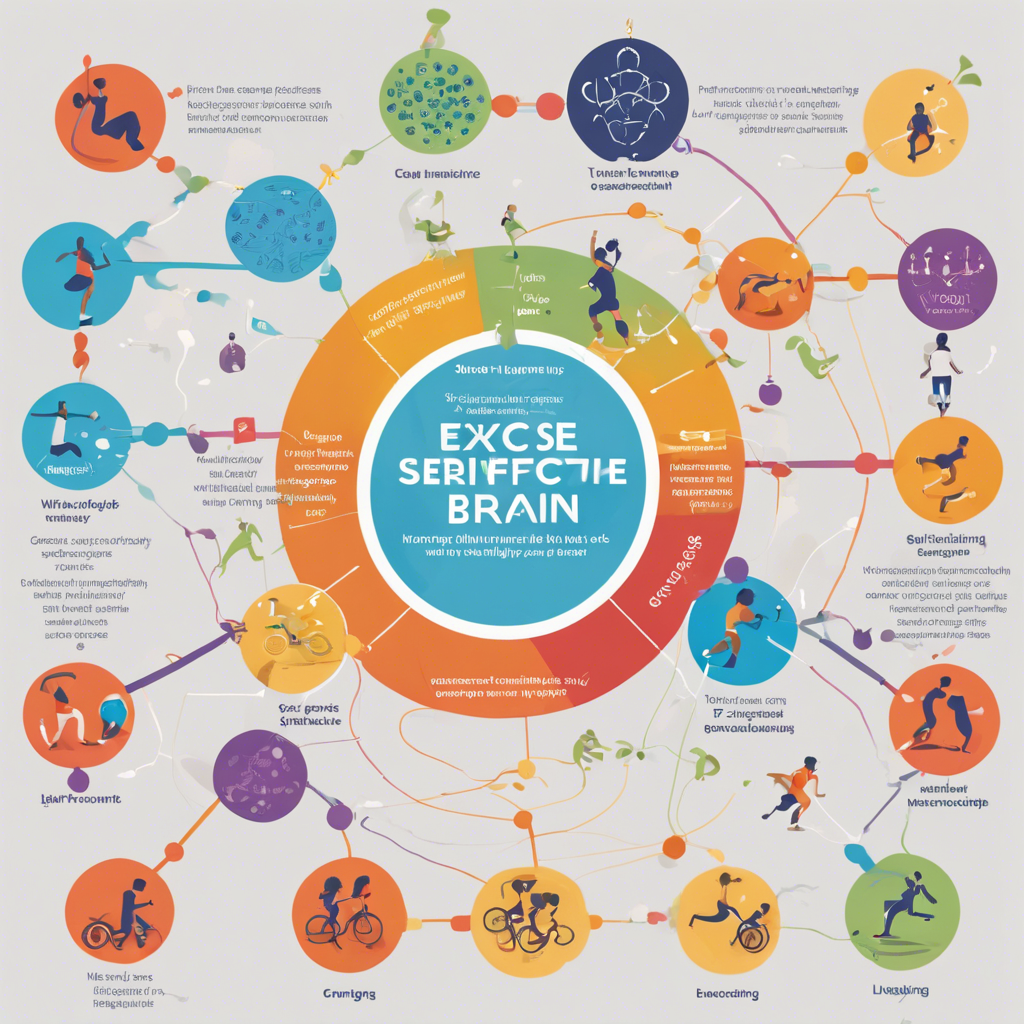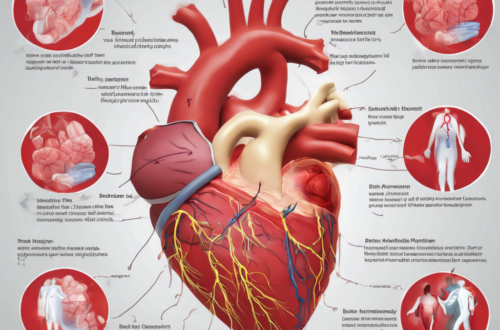Introduction
The Importance of Brain Health
In today’s fast-paced world, prioritizing brain health is essential for overall well-being. It impacts everything from cognitive function to emotional regulation. By maintaining good brain health, individuals can enhance their quality of life and productivity.Overview of the Link Between Exercise and Brain Health
Exercise plays a crucial role in promoting brain health. Physical activities such as aerobic exercises have been shown to boost brain function, improve memory, and reduce the risk of cognitive decline. Incorporating regular exercise into one’s routine is a proactive way to support and enhance brain health.
How Exercise Impacts Brain Function
Aerobic Exercise and Cognitive Function
Regular aerobic exercise not only benefits physical health but also plays a significant role in enhancing cognitive function. Studies have shown that engaging in activities like running, swimming, or cycling can lead to improved memory, increased focus, and better overall brain health. The increased blood flow and oxygen to the brain during aerobic exercise contribute to these cognitive benefits, making it an essential component of a brain-healthy lifestyle.Strength Training and Brain Health
In addition to aerobic exercise, incorporating strength training into your fitness routine can also positively impact brain health. Strength training exercises, such as lifting weights or resistance bands, help improve brain function by promoting the growth of new neural connections. This type of exercise can enhance cognitive abilities, memory retention, and overall mental well-being, providing a comprehensive approach to supporting and maintaining brain health.
Mechanisms Behind the Connection
Effects of Exercise on Neurotransmitters
Engaging in regular exercise impacts brain function by influencing neurotransmitter levels. Physical activity, such as aerobic and strength training, can lead to the release of neurotransmitters like serotonin and dopamine, which are essential for regulating mood and cognitive functions. These chemicals play a crucial role in improving mental clarity, focus, and overall brain health, highlighting the positive effects of exercise on neurotransmitter activity.Role of Exercise in Neurogenesis
Exercise also stimulates neurogenesis, the process of forming new brain cells, particularly in the hippocampus. This growth of neural connections enhances learning, memory, and cognitive function, providing long-term benefits for brain health. By promoting neurogenesis, exercise offers a natural way to support and improve overall brain function.
Benefits of Regular Physical Activity
Improving Memory and Focus
Regular physical activity offers numerous benefits for brain health. Engaging in exercises like aerobic workouts and strength training not only boosts neurotransmitter levels but also enhances memory and focus. By promoting the release of serotonin and dopamine, exercise contributes to improved mental clarity and concentration, allowing individuals to tackle tasks more efficiently.Reducing the Risk of Cognitive Decline
Furthermore, regular physical activity supports neurogenesis, the formation of new brain cells critical for cognitive function. By stimulating neural growth, exercise helps reduce the risk of cognitive decline, providing long-term benefits for overall brain health and well-being.
Exercise as a Mood Regulator
Endorphins and Mental Well-being
Regular exercise plays a vital role in regulating mood by triggering the release of endorphins, often referred to as the body’s natural “feel-good” chemicals. These endorphins act as natural mood lifters, promoting a sense of well-being and happiness. By making physical activity a regular part of your routine, you can experience improved mental health and a more positive outlook on life.Exercise and Stress Reduction
Engaging in physical activity is an effective way to alleviate stress. Exercise helps in reducing cortisol levels, the hormone responsible for stress, and triggers the release of endorphins, which act as natural stress relievers. By incorporating exercise into your daily life, you can effectively manage stress levels and improve your overall well-being.
Facebook
Twitter
LinkedIn





